-
 Bitcoin
Bitcoin
$94,836.2175
1.42% -
 Ethereum
Ethereum
$3,300.6735
-0.42% -
 Tether USDt
Tether USDt
$0.9999
0.05% -
 XRP
XRP
$2.3130
-0.23% -
 BNB
BNB
$697.7620
-0.09% -
 Solana
Solana
$192.5188
0.35% -
 Dogecoin
Dogecoin
$0.3365
0.65% -
 USDC
USDC
$1.0000
0.00% -
 Cardano
Cardano
$0.9596
4.36% -
 TRON
TRON
$0.2428
-0.93% -
 Avalanche
Avalanche
$37.7468
2.57% -
 Sui
Sui
$5.1211
10.48% -
 Toncoin
Toncoin
$5.2945
0.53% -
 Chainlink
Chainlink
$20.3871
1.82% -
 Shiba Inu
Shiba Inu
$0.0000
2.80% -
 Stellar
Stellar
$0.4044
0.22% -
 Hedera
Hedera
$0.2825
3.36% -
 Polkadot
Polkadot
$6.7455
1.01% -
 Bitcoin Cash
Bitcoin Cash
$433.4257
1.48% -
 UNUS SED LEO
UNUS SED LEO
$9.0716
0.06% -
 Uniswap
Uniswap
$13.3734
3.61% -
 Litecoin
Litecoin
$104.6449
1.38% -
 Bitget Token
Bitget Token
$6.5113
3.94% -
 Pepe
Pepe
$0.0000
0.69% -
 Hyperliquid
Hyperliquid
$21.6669
2.78% -
 NEAR Protocol
NEAR Protocol
$5.1331
1.82% -
 Ethena USDe
Ethena USDe
$0.9991
0.03% -
 Dai
Dai
$1.0001
0.03% -
 Internet Computer
Internet Computer
$10.8212
2.16% -
 Aptos
Aptos
$9.1673
4.28%
How high will the LRC currency go?
Driven by adoption, crypto market trends, and partnerships, LRC's strong fundamentals suggest significant potential for growth in the future.
Nov 16, 2024 at 03:22 am
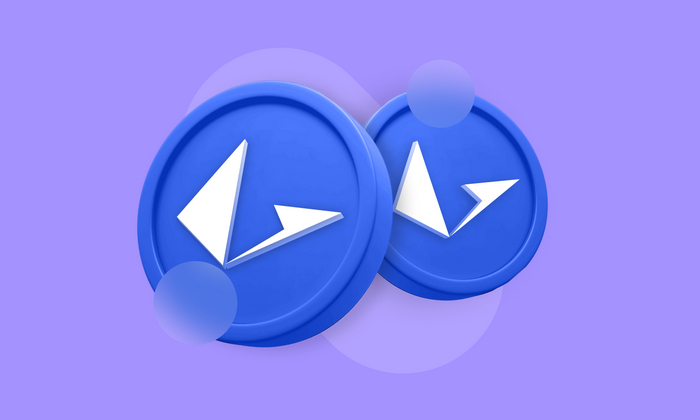
How High Will the LRC Currency Go?
LRC, the native token of the Loopring protocol, has been gaining traction in recent months as the project's Layer 2 scaling solution and decentralized exchange platform gain wider adoption. With an increasing number of users and applications integrating Loopring, LRC's potential for growth is significant. In this article, we will explore the fundamental factors driving LRC's price and analyze its historical performance to make informed projections about its future trajectory.
1. Understanding the Loopring Protocol and LRC's Role
Loopring is a Layer 2 scaling solution for Ethereum that aims to address the network's scalability and high gas fees. The protocol uses a combination of zk-rollups, which are off-chain transactions bundling, and zero-knowledge proofs to achieve significant performance improvements while maintaining the security of the Ethereum blockchain.
LRC is the native token of the Loopring protocol and serves several key functions:
a. Transaction Fees: Users pay transaction fees on the Loopring protocol using LRC. These fees are significantly lower than gas fees on Ethereum, making it more cost-effective for users to interact with the Loopring protocol.
b. Staking: LRC holders can stake their tokens to become validators on the Loopring network. Validators play a crucial role in securing the network and processing transactions. In return for their contributions, validators earn LRC rewards.
c. Governance: LRC holders can participate in the governance of the Loopring protocol by voting on proposed changes and upgrades. This allows community members to have a say in the future direction of the project.
2. Factors Influencing LRC's Price
Several key factors can influence the price of LRC:
a. Adoption and Usage: As more users adopt Loopring and its decentralized exchange platform, demand for LRC will increase. Higher demand tends to drive prices higher.
b. Crypto Market Trends: The broader cryptocurrency market can significantly impact the price of LRC. Positive market sentiment and bull runs tend to benefit LRC and other cryptocurrencies, while negative sentiment and bear markets can lead to price declines.
c. Competition: Loopring faces competition from other Layer 2 scaling solutions, such as Polygon and Arbitrum. The competitive landscape can affect LRC's market share and ultimately its price.
d. Team, Development, and Partnerships: The strength of the Loopring team, ongoing protocol development, and partnerships with leading projects can influence investor confidence and drive demand for LRC.
3. Historical Performance and Future Projections
LRC has experienced significant price fluctuations since its inception. However, the overall trend has been positive, with the token reaching an all-time high of $3.60 in November 2021. Several long-term projections suggest that LRC has the potential to continue appreciating due to the increasing demand for Layer 2 scaling solutions and the growing ecosystem on Loopring.
Disclaimer:info@kdj.com
The information provided is not trading advice. kdj.com does not assume any responsibility for any investments made based on the information provided in this article. Cryptocurrencies are highly volatile and it is highly recommended that you invest with caution after thorough research!
If you believe that the content used on this website infringes your copyright, please contact us immediately (info@kdj.com) and we will delete it promptly.
-
Top Altcoins to Watch in 2025: Market Trends and Promising Projects
- 2025-01-10 16:50:24
-
DTX Exchange (DTX): Hybrid Innovation Redefines Trading
- 2025-01-10 16:30:25
-
Raydium (RAY) Plunges, Investors Continue Buying New Solana Meme Coin Called Solaxy (SOLX)
- 2025-01-10 16:50:24
-
Several Cryptocurrencies Experience Significant Price Surges, Led by Alpha Quark ($AQT) and Strike ($STRIKE)
- 2025-01-10 16:30:25
-
2024 Was a Banner Year for Bitcoin Millionaires, but 2023 Was Better
- 2025-01-10 16:30:25
-
utput: title: 4EVERLAND: A Rising Star in the DePIN Track
- 2025-01-10 16:40:25
Related knowledge
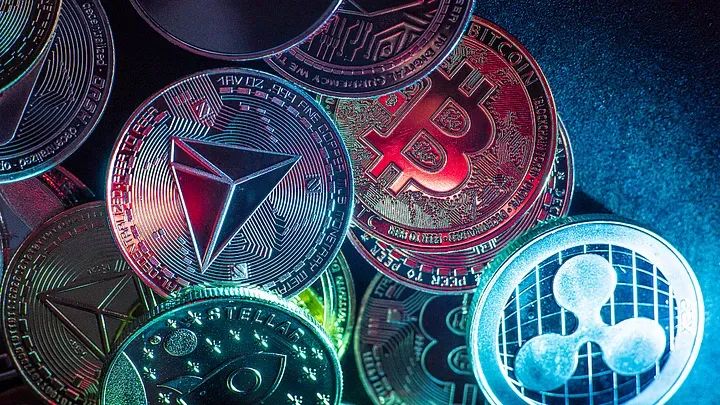
What Is The Difference Between Fungible And Non-Fungible Tokens?
Nov 26,2024 at 01:04pm
Fungible vs. Non-Fungible Tokens: A Comprehensive GuideIn the realm of blockchain technology, the concept of tokens lies at the core of many applications. Tokens represent digital assets that can be used to facilitate transactions, store value, or represent ownership. However, there exists a fundamental distinction between two types of tokens: fungible ...
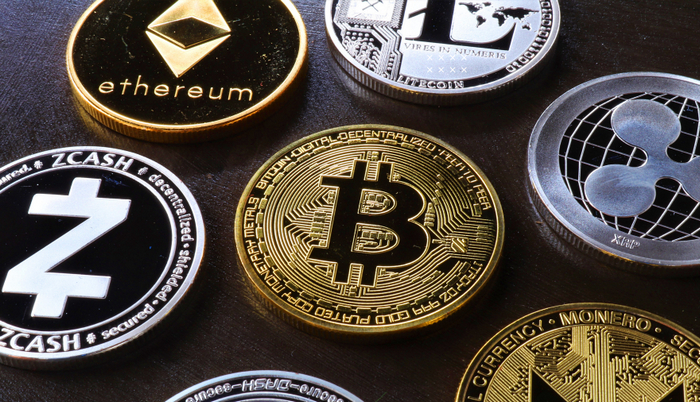
What is a Public Key Infrastructure?
Nov 23,2024 at 12:30am
What is a Public Key Infrastructure?IntroductionA Public Key Infrastructure (PKI) is a framework that enables secure communication over a network by managing digital certificates and public-key cryptography. PKI plays a crucial role in various blockchain applications, ensuring data integrity, authentication, and non-repudiation.Components of a PKIA PKI ...
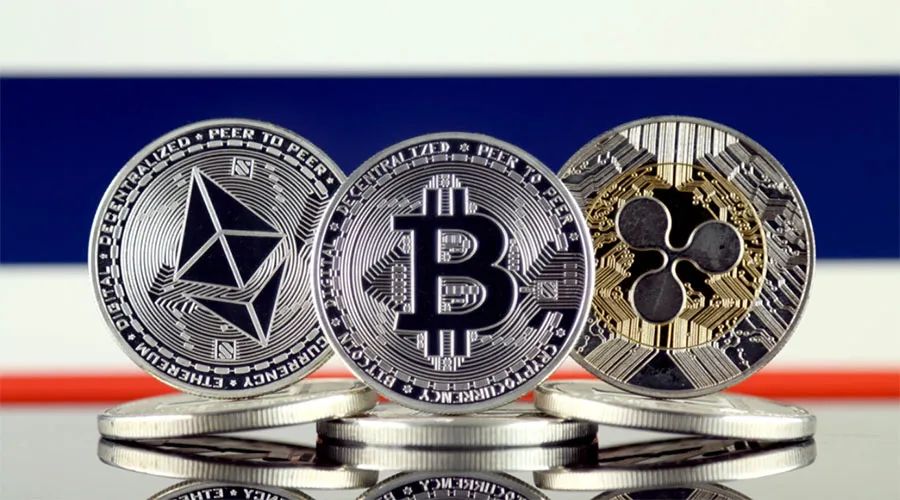
What is MEV (Miner Extractable Value)?
Nov 22,2024 at 06:22pm
What is Miner Extractable Value (MEV)?Introduction:Miner Extractable Value (MEV) is a term used to describe the profit that miners can make by manipulating the order of transactions in a block. This manipulation is possible because miners have the ability to choose the order in which transactions are included in a block, and they can use this power to f...
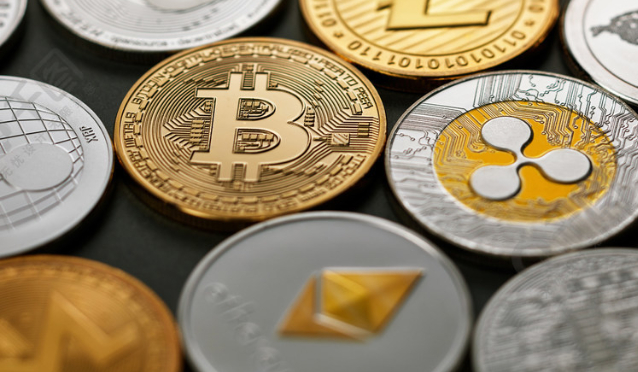
What is a Genesis Block?
Nov 24,2024 at 09:10pm
Decoding the Genesis Block: The Birth of BlockchainIntroductionThe Genesis block stands as the inaugural chapter in the blockchain saga, igniting the spark that revolutionized the world of finance and technology. This foundational block holds immense significance, embodying the inception of immutable ledgers, decentralized networks, and the transformati...
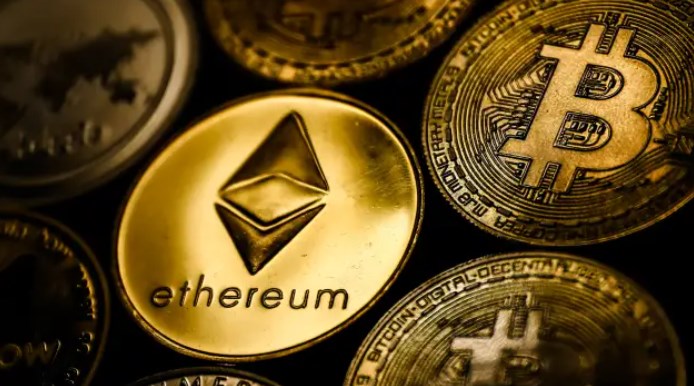
What Is an NFT Game?
Nov 26,2024 at 07:05am
What Is an NFT Game?Non-fungible tokens (NFTs) have taken the digital world by storm, empowering creators, collectors, and enthusiasts alike to own and trade unique digital assets. The integration of NFTs into the gaming industry has given rise to a captivating new realm known as NFT games, where players can not only enjoy immersive experiences but also...
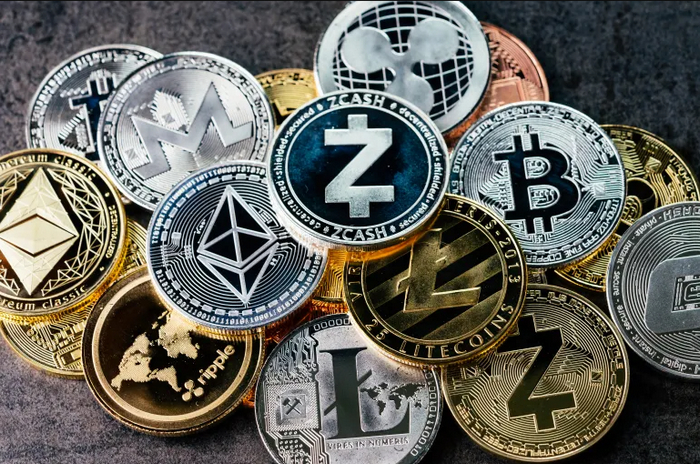
What Is an NFT Marketplace?
Nov 22,2024 at 07:43pm
What Is an NFT Marketplace?An NFT marketplace is a platform that facilitates the buying, selling, and trading of non-fungible tokens (NFTs). NFTs are unique digital assets that represent ownership of a specific item, such as a piece of art, music, video, or other collectible. NFT marketplaces allow users to create, list, and purchase NFTs, with transact...

What Is The Difference Between Fungible And Non-Fungible Tokens?
Nov 26,2024 at 01:04pm
Fungible vs. Non-Fungible Tokens: A Comprehensive GuideIn the realm of blockchain technology, the concept of tokens lies at the core of many applications. Tokens represent digital assets that can be used to facilitate transactions, store value, or represent ownership. However, there exists a fundamental distinction between two types of tokens: fungible ...

What is a Public Key Infrastructure?
Nov 23,2024 at 12:30am
What is a Public Key Infrastructure?IntroductionA Public Key Infrastructure (PKI) is a framework that enables secure communication over a network by managing digital certificates and public-key cryptography. PKI plays a crucial role in various blockchain applications, ensuring data integrity, authentication, and non-repudiation.Components of a PKIA PKI ...

What is MEV (Miner Extractable Value)?
Nov 22,2024 at 06:22pm
What is Miner Extractable Value (MEV)?Introduction:Miner Extractable Value (MEV) is a term used to describe the profit that miners can make by manipulating the order of transactions in a block. This manipulation is possible because miners have the ability to choose the order in which transactions are included in a block, and they can use this power to f...

What is a Genesis Block?
Nov 24,2024 at 09:10pm
Decoding the Genesis Block: The Birth of BlockchainIntroductionThe Genesis block stands as the inaugural chapter in the blockchain saga, igniting the spark that revolutionized the world of finance and technology. This foundational block holds immense significance, embodying the inception of immutable ledgers, decentralized networks, and the transformati...

What Is an NFT Game?
Nov 26,2024 at 07:05am
What Is an NFT Game?Non-fungible tokens (NFTs) have taken the digital world by storm, empowering creators, collectors, and enthusiasts alike to own and trade unique digital assets. The integration of NFTs into the gaming industry has given rise to a captivating new realm known as NFT games, where players can not only enjoy immersive experiences but also...

What Is an NFT Marketplace?
Nov 22,2024 at 07:43pm
What Is an NFT Marketplace?An NFT marketplace is a platform that facilitates the buying, selling, and trading of non-fungible tokens (NFTs). NFTs are unique digital assets that represent ownership of a specific item, such as a piece of art, music, video, or other collectible. NFT marketplaces allow users to create, list, and purchase NFTs, with transact...
See all articles










































